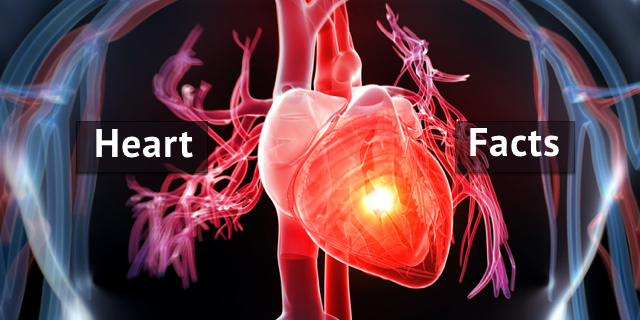This week, the American Heart Association put out its first Scientific Statement on SCAD-spontaneous coronary artery dissection.
“Spontaneous coronary artery dissection (SCAD) has emerged as an important cause of acute coronary syndrome, myocardial infarction, and sudden death, particularly among young women and individuals with few conventional atherosclerotic risk factors. Patient-initiated research has spurred increased awareness of SCAD, and improved diagnostic capabilities and findings from large case series have led to changes in approaches to initial and long-term management and increasing evidence that SCAD not only is more common than previously believed but also must be evaluated and treated differently from atherosclerotic myocardial infarction.” Circulation
SCAD primarily affects young women and people who are at low risk for heart problems. When Katherine Leon survived her coronary dissection, she was told it was extremely rare that she had survived.
“What I kept hearing was, ‘There is no research because there isn’t anything to research. You either die, need a heart transplant, or are lucky like you.’ I was shocked and appalled by the unscientific attitude of these medical professionals.”
For years she searched for other survivors. It took 4 years to find another survivor. When she did, she started collecting their stories, asking questions and documenting what had happened to them. By fall of 2009 she had found 89 survivors worldwide. That year she brought her data to the Women’s Heart Science and Leadership Symposium at Mayo Clinic in 2009. There she pitched her idea to Dr. Sharonne Hayes (first author of the Scientific Statement) that SCAD needed to be studied.
Her research started the ball rolling to the realization that is present in the Scientific Statement above, that SCAD is more common than previously thought and that people who are having a SCAD are not like people who are having a regular heart attack. They need to be evaluated differently and they need different treatment.
Katherine has been working diligently to bring this to fruition, including establishing SCAD Alliance, so that others don’t go through what she did. Read her story here: SCAD Heart: Patient-Initiated Research in Action.
Infographic
February is Heart Health Month. We are sharing this infographic by the Cleveland Clinic.








I am an active male 48 year old. I had a SCAD 11 months ago. I would like to know what level of activities I can and Shouldn’t do. I was training for an Ironman and would love to get back to some level of triathlon.
Hi Jim, I would recommend going to SCAD Alliance There are resources and connections to online support there. Best, Kathleen
Great infographic. Very simple and easy to understand. Explains quite well all the facts and tips to maintain one’s heart health.
Thank you for bringing attention to something that send less rare than what doctors claim. My brother passed away from SCAD this past March at the age of 52. We were told the condition is rare, which explains why the emergency responders chose chest compressions rather than an immediate scan. By the time the scan was done, the damage was done and he couldn’t be saved. We were also told that it is genetic, so my sister and I got tested. She’s fine. My results show that I am fine, but I need to be checked at least annually. My other brother also had something come up years ago like this. So 3 out of 4 in our family is definitely not rare. But now that we are aware of this, at least our family members know enough to insist that emergency responders do a scan immediately.
Hi Alka, I’m so sorry for your loss. A few years ago, I helped to write a white paper with/for SCAD Alliance to bring awareness of SCAD to Emergency Medical physicians. Katherine Leon has been working tirelessly to get information and research out to more people, especially in the medical field. Please check out their Facebook page https://www.facebook.com/SCADalliance/ and http://www.SCADALLIANCE.org for support and information. I wish you and your family the best. Kathleen
My mom survived a SCAD heart attack 7 months ago. She was in the absolute best place to code, she coded on the emergency room table for 7 minutes. We are forever grateful for the nurses who brought my mom back. I am still so emotional reading about SCAD heart attacks. It was a rough few months after SCAD, her personality and many things were different. After a few therapy sessions and just time, I have my mom back. It’s hard on the families as well because you are so grateful they survived yet, sometimes when they wake up with a different personality that you’re used to its a very weird thing to experience. I am getting married in a year and a half and I still have moments where I break down and cry because we are so incredibly lucky my mom survived. If she coded in her room where she first felt pain then my daughter wouldn’t have a grandma. She now has an internal defibrillator. Thanks be to god.
Thank you for trying to get as much research as possible.